Rhoda Kadalie, a pioneering feminist and anti-apartheid activist, passed away on April 16 after a quiet battle with lung cancer.
She was born in Cape Town, South Africa, in District Six, and endured segregation and discrimination before emerging as one of the leading voices of the new, democratic South Africa.
Appointed by Nelson Mandela to the Human Rights Commission, she later resigned in protest at its failures. She then launched an organization called Impumelelo to recognize and support successful development programs, and became one of the country’s foremost opinion columnists.
She championed civil liberties, constitutional government, and tolerance for political opposition. She also defended Israel, the Afrikaans language, and minorities who were marginalized in the new order.
She became a supporter of Donald Trump in the U.S. and a critic of America’s own democratic flaws.
Rhoda left many memorable quotes: these are just a few that summarize her incredible life.
On her motivations:
“I am too honest for my own good and I have often got into trouble, but I don’t regret it. My driving force is justice. If something is just and true, I will fight for it. I will not say the politically correct thing.” [1]
On her family’s origins:
“When I tell people I am Clements Kadalie’s direct granddaughter, they say that, politically, I am a chip off the old block. Not racially, but politically. I find that interesting.” [2]
On growing up in a pastor’s home, with seven brothers and one sister:
“My father taught me never to stand back for any man; my brothers or anyone else. That’s where my voice comes from.” [3]
On education in a segregated society:
“I went to five different schools because of the Group Areas Act. … under protest, [I] went to UWC, which in retrospect I don’t regret, because I think my political formation was achieved there.” [4]
On finding her academic voice:
“As a young, vocal black student, the lecturers quite liked me — this was the seventies at the height of intense political confrontation … I actually raised the questions.” [5]
On love across the color line:
“I committed myself to my marriage but there were racial problems between me and his family.” [6]
On her graduate training in the Netherlands:
“We were 30 feminists from different countries and I think that was quite significant because for the first time my local feminist perspective was given international affirmation and I realized I was in keeping with the world and that I wasn’t a maverick, you know, the kind of stereotypical feminist they branded you.” [7]
On divorce:
“People stigmatise divorce, but they should really stigmatise marriage — it’s a completely dysfunctional institution.” [8]
On fighting for women on campus:
“I came [back] to UWC with an intellectual understanding of what I’d always believed in terms of my gut feelings. I could put substance to the oppressions [of] women, to the position of women nationally, locally, internationally. … I became an activist because I think it’s important that one deals with the issues which affect women on a day-to-day basis.” [9]
On South Africa’s new democracy:
“The 27th April 1994 elections meant turning our back on the past and charting a new course with our new constitution as a guide forward. Unlike many of my comrades, I did not expect miracles and wonders, having observed the ANC in all their dubious glory in exile when I studied abroad.” [10]
On disappointment in the new South African government:
“During Mandela’s reign and my stint at the Human Rights Commission there was much opportunity for women to engage in a new political discourse … This sense of opportunity and freedom was short-lived.” [11]
On her leadership of Impumelelo, working with successful development projects:
“I have the best job in SA. Rewarding social innovation and best practice I get to see the best SA has to offer across the racial and cultural divide.” [12]
On political intolerance in the new South Africa:
“Whereas my feminist voice had been nurtured and cultivated during the struggle and by the struggle, I was suddenly expected to shut up after 1999.” [13]
On writing:
“Inspiration seldom responds creatively to deadlines but the scramble for a column the night before deadline is saved so often by the unscrupulous politician who, in the nick of time, determines one’s script. … [M]ost of my columns are sheer gut responses to a government that has failed to live up to the promises so easily made during election time.” [14]
On being a contrarian:
“I asked the BBC how they got to hear of me and they said they were looking for an opinionated, cocky, arrogant, black South African and the people said ‘Rhoda Kadalie.’” [15]
On being “Coloured” (mixed-race) in post-apartheid South Africa:
“I always rejected the notion of being coloured and embraced the slogan of non-racialism quite easily. But in the post-apartheid South Africa I am quite politically disillusioned around race, because I am told by the ruling party, in various ways, once again, that I am coloured. Now I celebrate my marginality, because one can be what one wants to be in a racially divided landscape. One can appropriate the right to be whatever one wants to be and not subscribe to the racial labels that are forced upon us in a society that is racist.” [16]
On the challenge of criticizing the new South African government:
“It was easier to criticize apartheid because it was so blatantly wrong, and was internationally declared a crime against humanity. It may be bold to stand up against a Draconian government, but even more so to stand up against a government you supported, that you voted into power.” [17]
On media conformity:
“I have become impatient with the media and the political elite who deride opposition. In fact, I am convinced that they do so out of a profound ignorance of the meaning of the role of opposition.” [18]
On faith:
“The God I began to discover was the God I occasionally caught glimpses of in the church. It was a God who could be likened unto the seas, the rain, the wind and the sun; it was a loving compassionate, kind and caring God, concerned with all of creation. It was, indeed, the God of the oppressed, the poor, the exploited and the down-trodden. … In all of [Jesus’s] dealings with women he brought wholeness to them. This is the wholeness I began to discover in my personal relationship with and explorations of God.” [19]
On Israel:
“Bashing Israel has become a self-promotion industry and the disinvestment campaign is its marketing tool. … The book, Start-Up Nation, reveals that the per-capita venture-capital investment in Israel is 2.5 times that in the U.S and 30 times that in Europe. … Is this penis envy or what?” [20]
On music and African culture:
“[T]he language of music belongs to the human soul; and that is ultimately what the main objective of a university is to bring out the best in students and help them master various disciplines, whether they originate in Europe, Africa, Asia or America.” [21]
On South Africans who criticized Donald Trump:
“It is so typical of liberals both here and abroad to point out Donald Trump’s flaws and say nothing about Hillary Clinton’s corruption. Yet here Zuma’s corruption is condemned from the rooftops by the liberals. To them conservative equals evil yet they support liberal policies in SA which mostly align with Republican policies except on some social issues. The lack of intellectual engagement is part of the national dumbing down trend that seems to affect so many.” [22]
On retirement:
“Am gonna spend the rest of my life with the Adorables in Santa Monica.” [23]
On losing a close friend:
“More than being a political icon (a word she abhorred) she [Helen Suzman] was a friend to many, a raconteur of note, who entertained us around her dinner table with laughter that lasted late into the night.” [24]
Joel B. Pollak is Senior Editor-at-Large at Breitbart News and the host of Breitbart News Sunday on Sirius XM Patriot on Sunday evenings from 7 p.m. to 10 p.m. ET (4 p.m. to 7 p.m. PT). He is the author of the forthcoming biography, Rhoda: Comrade Kadalie, You Are Out of Order!. He is a winner of the 2018 Robert Novak Journalism Alumni Fellowship. Follow him on Twitter at @joelpollak.
[1] Rhoda Kadalie, quoted in “Rhoda Kadalie: a strident voice for South Africa’s oppressed.” Cape Argus, 18 Apr. 1997.
[2] Rhoda Kadalie, quoted by Ryland Fisher. Race. Auckland Park: Jacana Media, 2007. p. 57.
[3] Rhoda Kadalie, quoted by Shanthini Naidoo. “Guaranteed Authentic.” The Oprah Magazine, July 2007. pp. 103-4.
[4] Rhoda Kadalie, quoted by Ryland Fisher, ibid. pp. 20-21.
[5] Rhoda Kadalie. Unpublished interview with Melanie Walker. 27 Oct. 1994.
[6] Sharon Sorour. “Rhoda Kadalie: Born to Lead.” Femina, Jun. 1996. p. 149.
[7] Rhoda Kadalie. With Melanie Walker, ibid.
[8] Sorour, ibid. p. 78.
[9] Rhoda Kadalie. With Melanie Walker, ibid.
[10] Rhoda Kadalie. “I did not know that we would mess up so badly.” PoliticsWeb, 31 Dec. 2014. Reprinted from Die Burger. URL: https://www.politicsweb.co.za/opinion/i-did-not-know-that-we-would-mess-up-so-badly. Accessed on 10 Oct. 2021.
[11] Rhoda Kadalie. In Your Face: Passionate Conversations About People and Politics. Cape Town: Tafelberg, 2009. p. 8.
[12] Rhoda Kadalie. Comment on Facebook, 10 Mar. 2016. URL: https://www.facebook.com/rhoda.kadalie/posts/10154114554645039. Accessed on 22 Mar. 2022.
[13] Rhoda Kadalie. In Your Face, p. 8. 10-11.
[14] Rhoda Kadalie. In Your Face, p. 7.
[15] Rhoda Kadalie, quoted by Ryland Fisher, ibid. p. 56.
[16] Rhoda Kadalie, quoted by Ryland Fisher, ibid. p. 56.
[17] Rhoda Kadalie, quoted by The Oprah Magazine, ibid.
[18] Rhoda Kadalie. “Why Parliamentary Opposition Is Essential to Democracy.” Opposing Voices: Liberalism and Opposition in South Africa Today. Milton Shain, ed. Jonathan Ball, Cape Town: 2006. 114.
[19] Rhoda Kadalie. “Epilogue.” Women Hold Up Half the Sky: Women in the Church in Southern Africa. Pietermaritzburg: Cluster Publications, 1991. Pp. 392-3.
[20] Rhoda Kadalie. “Don’t be too quick to condemn Israel.” PoliticsWeb, reprinted and translated from the Afrikaans, Die Burger, 12 Sep. 2022. URL: https://www.politicsweb.co.za/news-and-analysis/dont-be-too-quick-to-condemn-israel. Accessed 26 Mar. 2022.
[21] Rhoda Kadalie. “Opera clicks with African students.” Business Day, 31 July 2003. URL: https://web.archive.org/web/20030812043202/https://allafrica.com/stories/200307310151.html. Accessed on 18 Oct. 2021.
[22] Rhoda Kadalie. Comment on Facebook, 19 Jun. 2016. URL: https://www.facebook.com/rhoda.kadalie/posts/10154389801720039. Accessed on 13 Apr. 2022.
[23] Rhoda Kadalie. Comment on Facebook, 2 Jan. 2018. URL: https://www.facebook.com/rhoda.kadalie/posts/10156165251600039. Accessed on 13 Apr. 2022.
[24] Rhoda Kadalie. “DA must own its history.” The Citizen, 10 Nov. 2017. URL: https://www.citizen.co.za/news/opinion/1722772/da-must-own-its-history/. Accessed on 13 Apr. 2022.
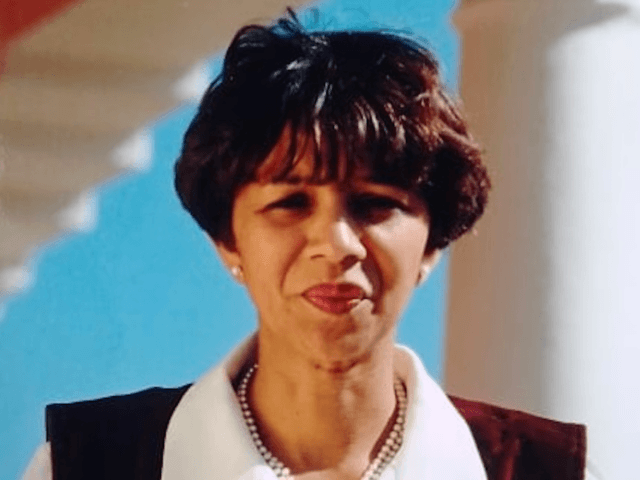
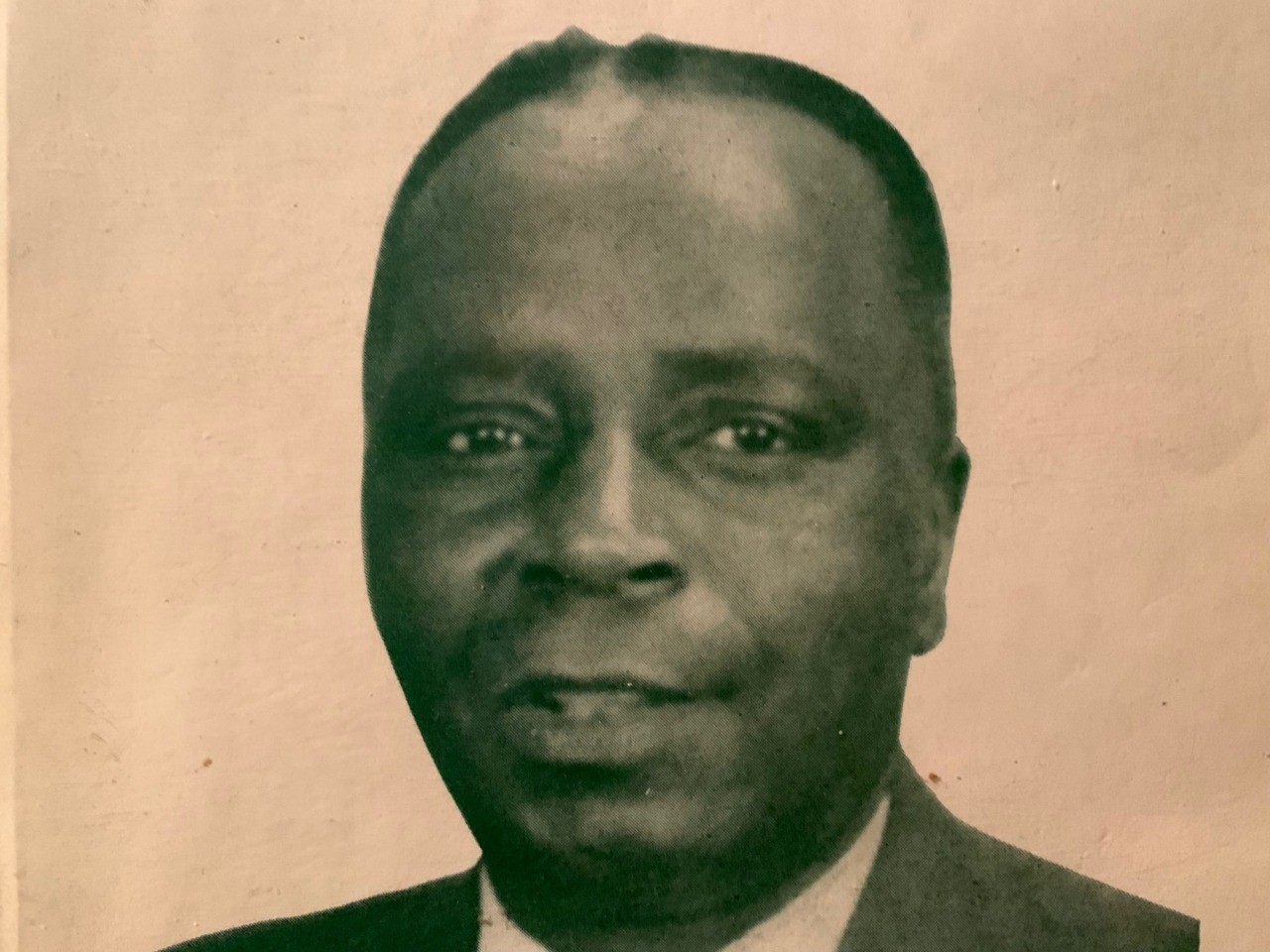
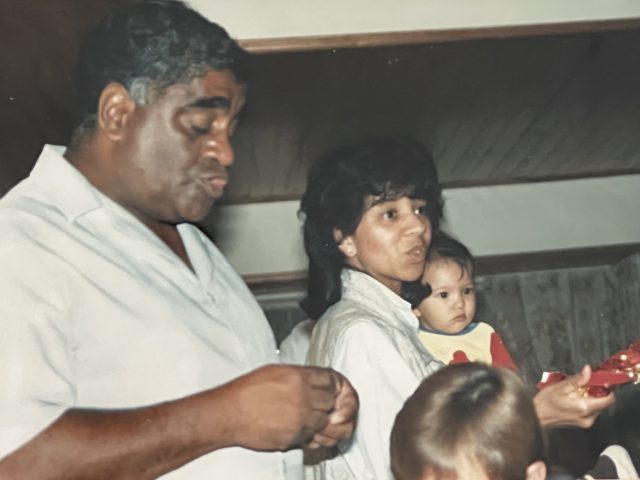
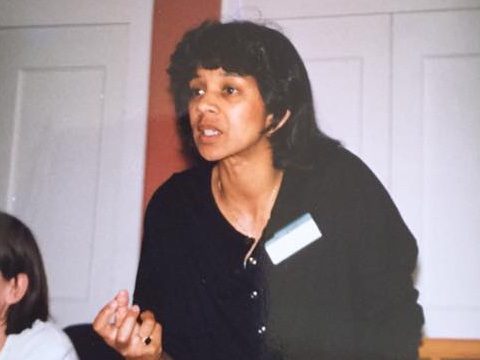
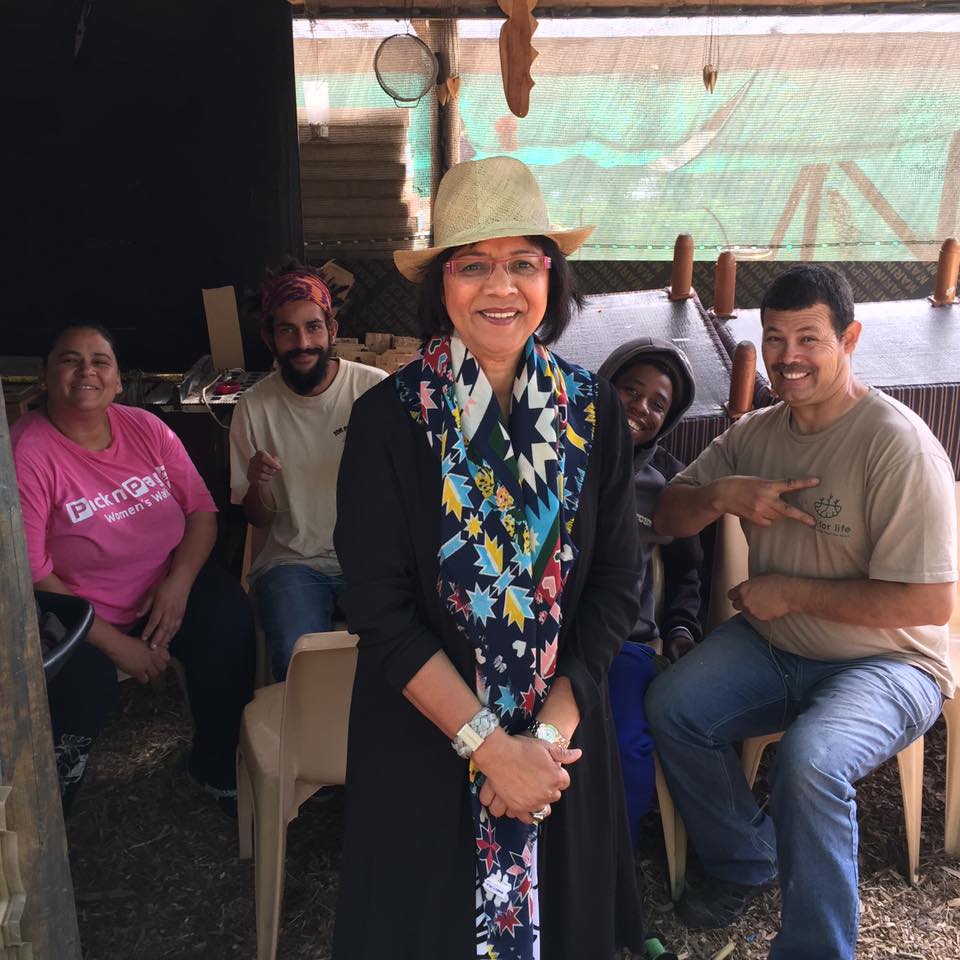
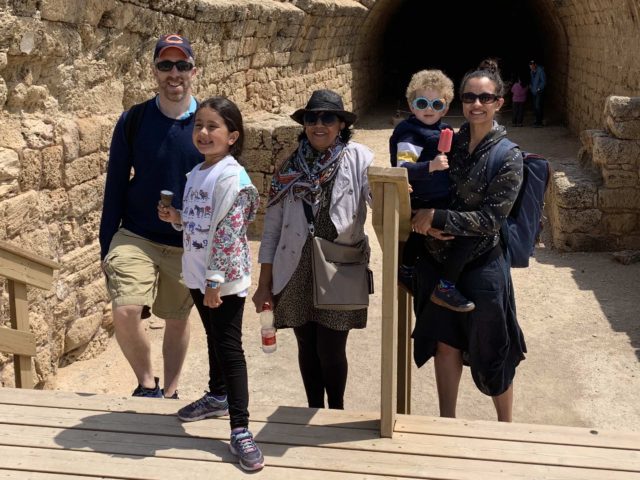
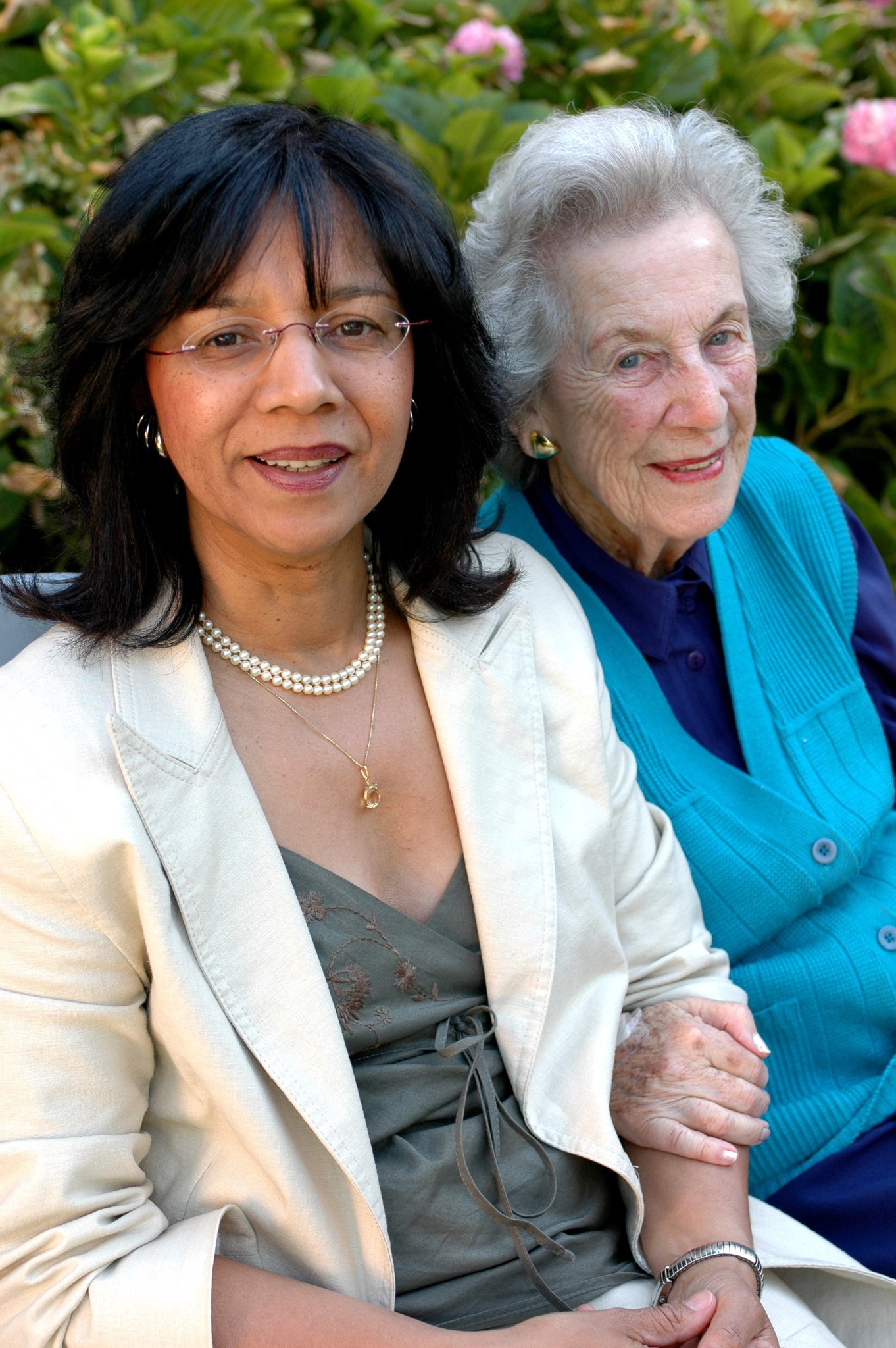
COMMENTS
Please let us know if you're having issues with commenting.